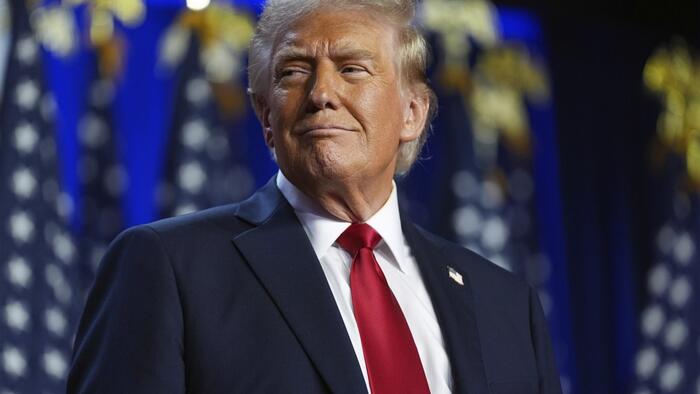In the aftermath of the recent election, where Donald Trump was elected back to the presidency with a notable 73 million votes, the balance of power within the United States seems to have shifted dramatically. J. Peder Zane argues that while the election signified a moment of equality represented by the principle of one person, one vote, this balance is quickly being undermined by the entrenched elites across various sectors, including government and media. These forces, which have historically opposed Trump, have resumed their positions of power, planning to resist his presidency through strategies that might jeopardize the democratic norms of the country, as noted in Kamala Harris’s concession speech indicating an ongoing struggle against this elected administration.
Zane contends that, while the situation seems dire, the framework of America’s governance, which includes checks and balances designed by the founders, acts as a significant safeguard against authoritarianism. The federal structure disperses power, giving states considerable authority, thus providing numerous avenues for individuals and organizations outside of government to influence the nation. This distribution of control is essential, as even with the growth of government since the mid-20th century, there remains enough diversity in governance structures and ideas to prevent any single entity from gaining dictatorial power.
The article emphasizes the implicit checks on societal behavior alongside the established norms surrounding free speech and election results. While the First Amendment provides extensive protections, societal contexts impose limits, particularly related to language that may be deemed offensive or unacceptable. Furthermore, Zane argues that the expectation for losing parties to respect electoral outcomes stands in jeopardy, especially as segments of the modern Democratic Party appear to reject this principle outright. He points to the coordinated effort among Democratic leaders to create opposition in systematic ways, which can be seen as a trend extending beyond traditional political battles to a more profound challenge to democratic principles.
Amidst these tensions, Zane highlights that the response from the opposition is indicative of a long-standing ideological commitment that transcends individual political battles; the persistence against Trump comes from ingrained beliefs regarding his authoritarian tendencies. This perception has underpinned the Democratic resistance, reflecting a strategic and ideological necessity to fight against Trump, perceived as the culmination of a broader Republican threat. By framing Trump’s presidency in this manner, the opposition appears resolute in its long-term objectives, aiming to ultimately regain control and restore their vision of governance for the nation.
For Trump’s administration to navigate this charged environment, Zane articulates the need for strategic prudence from the president himself. He emphasizes the importance of maintaining Republican control in Congress to thwart further obstructive measures and investigations from the opposing party. Beyond this, he advises Trump to focus less on personal conflicts with adversaries and more on the substantive issues facing the country, such as economic challenges and national debt. Zane underscores the strategic importance of ignoring provocations in favor of pursuing effective governance and keeping the focus on the pressing matters at hand that truly affect the lives of Americans.
In conclusion, while the ideological rift in American politics appears deep and intractable, Zane posits that Trump must embody a commitment to success that can transcend the opposition’s tactics. By concentrating on solutions rather than personal vendettas, an effective administration could potentially fulfill the promises made during his campaign, thus reclaiming the narrative of American greatness amidst contention. The ongoing struggle between competing visions of America remains illuminated by this election cycle, showcasing the resilience and adaptive nature of its democratic processes.

